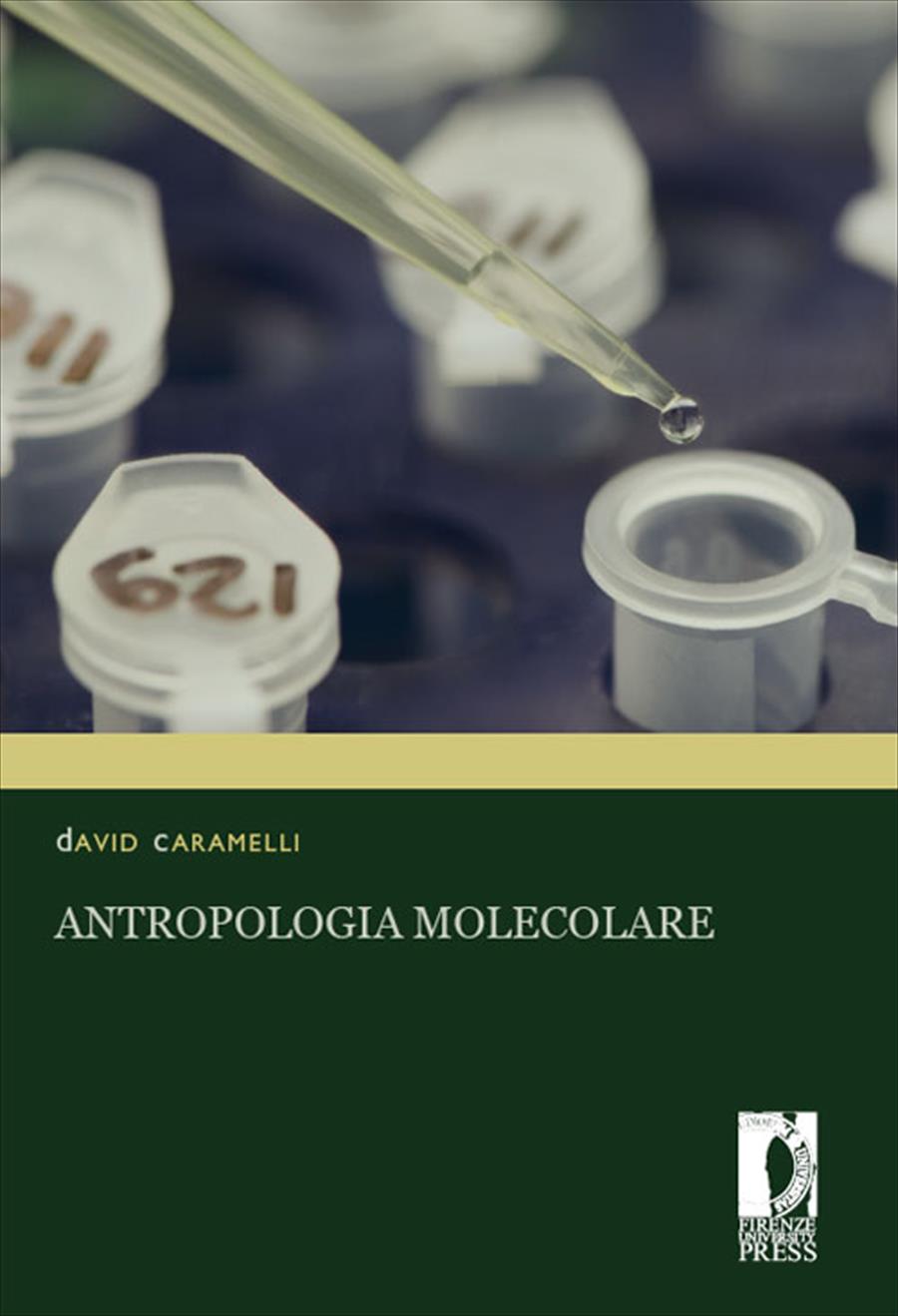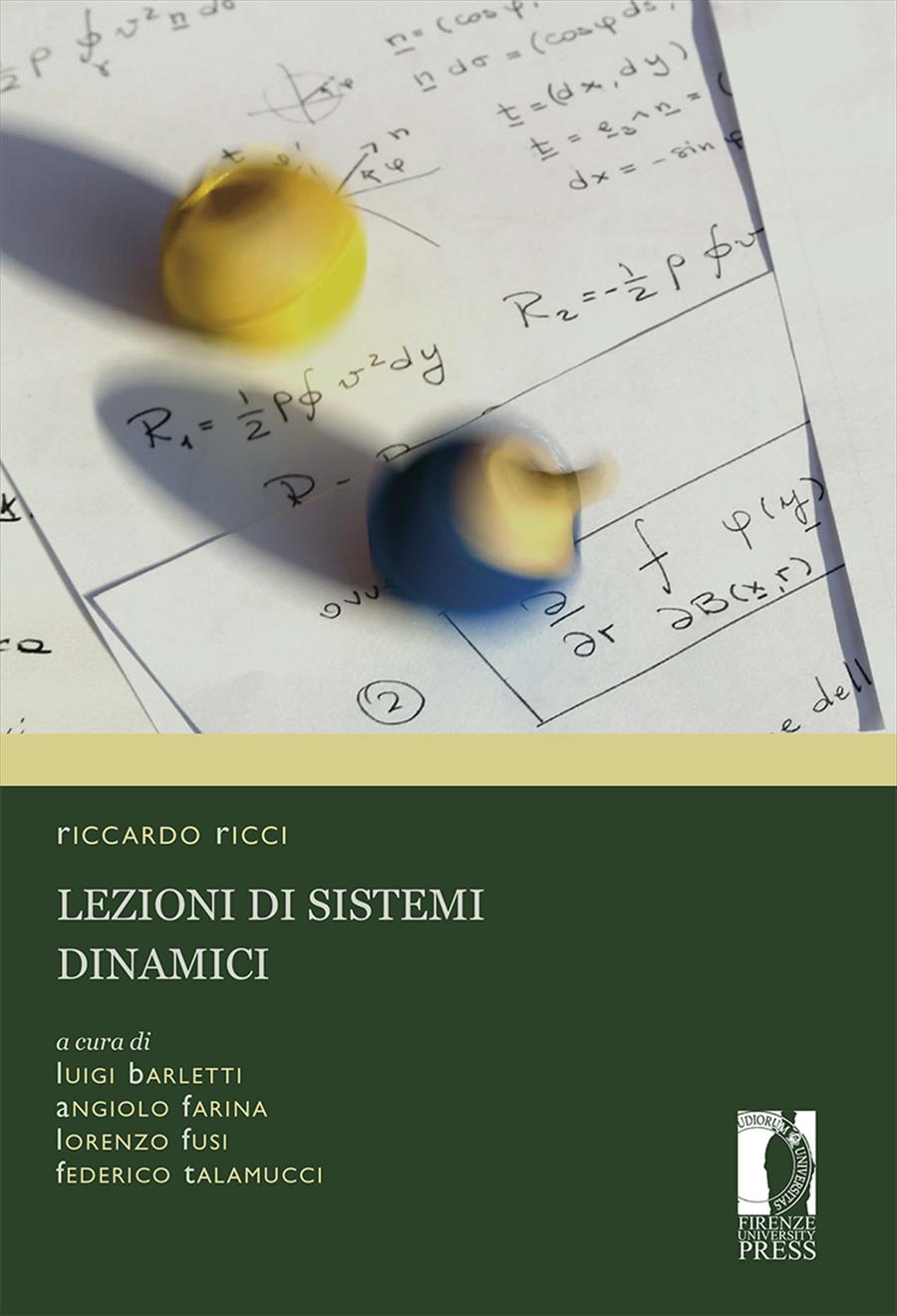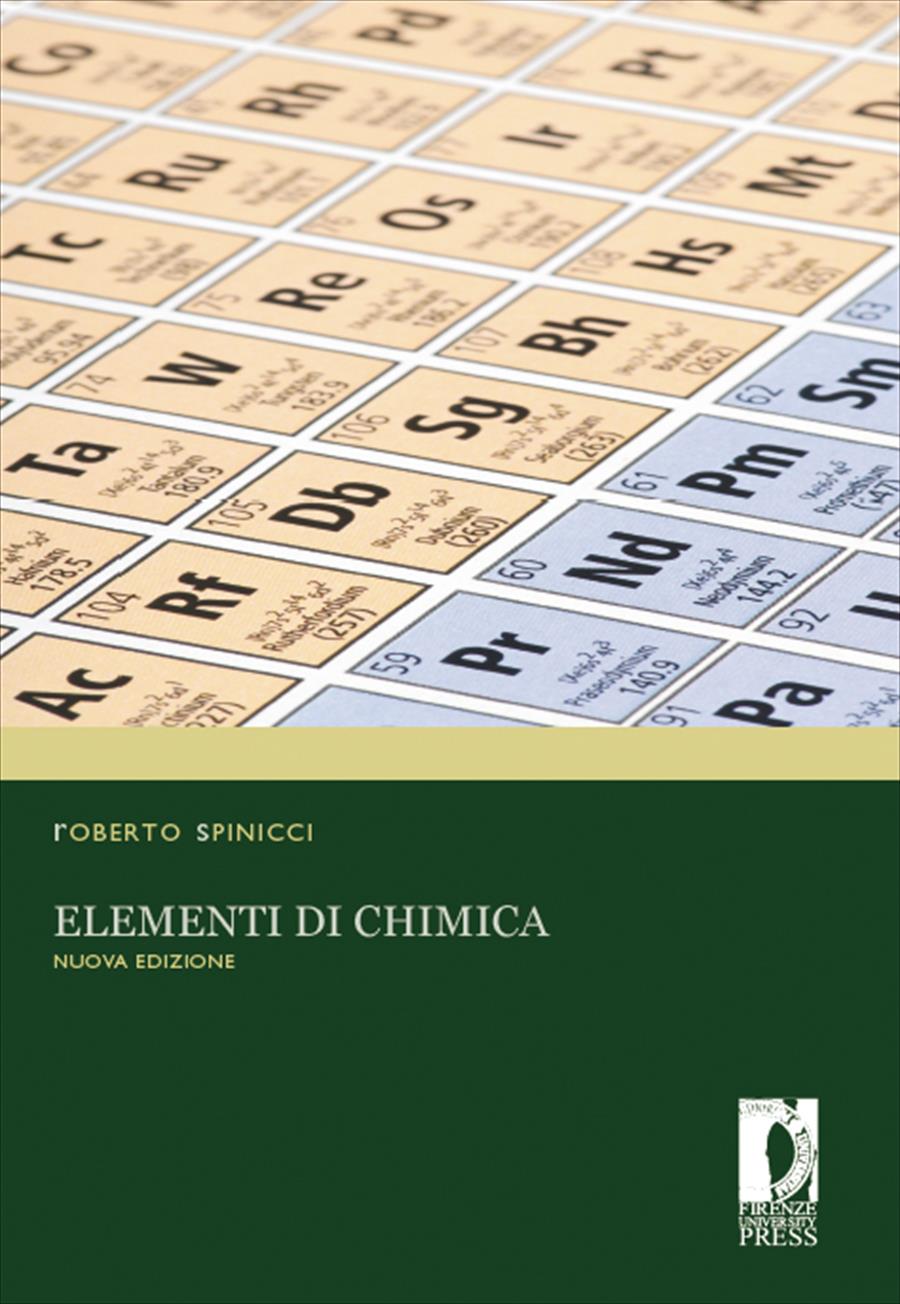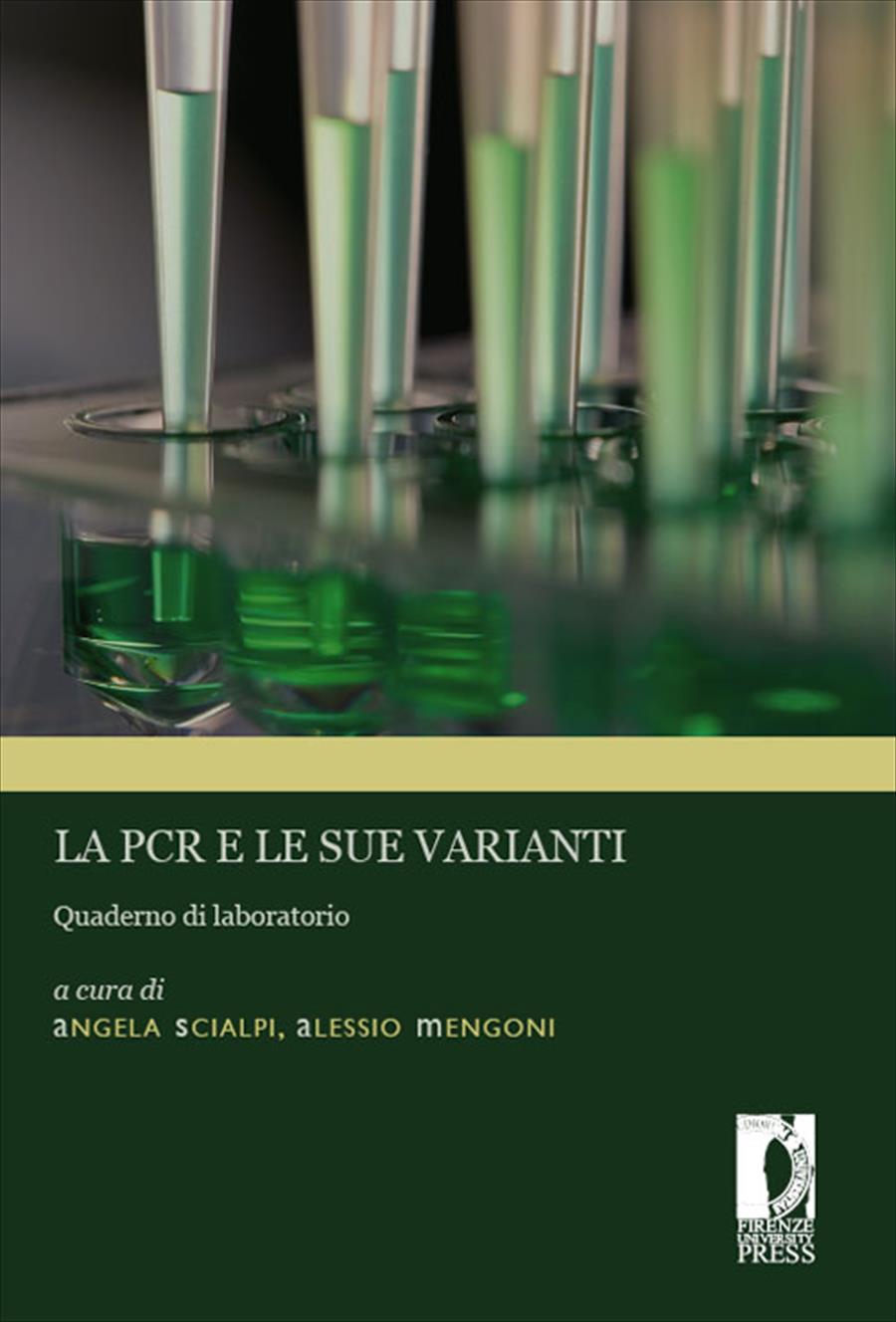Antropologia molecolare
Manuale di base
- David Caramelli,
A textbook which is the result of the consolidated experience of the author, Antropologia molecolare deals in depth with a groundbreaking discipline in the field of anthropological sciences. The principal biomolecular techniques for the study of the human genome, its variability and characteristic evolutionary mechanisms are illustrated in detail. There is also extensive coverage of the application aspects, such as palaeogenetic studies on the analysis of ancient and forensic DNA.
- Keywords:
- Biologia,
- Genetica,
- DNA,
- Antropologia,
- Bioinformatica,
- DOI: 10.36253/978-88-8453-754-6
- Series: Manuali – Scienze
- Scientific Board: Consiglio Editoriale FUP 2007-2010
- Language: Italian
- Subjects: Antropology Biology
Purchase
University of Florence, Italy
David Caramelli is a researcher and lecturer in Molecular Anthropology in the Faculty of Mathematical, Physical and Natural Sciences of the University of Florence. His sphere of research is molecular/palaeogenetic anthropology through analysis of ancient/degraded DNA. He has published his research results in some of the most prestigious international journals and has to his credit extensive collaboration with universities in Italy and abroad.
- Publication Year: 2009
- Pages: 336
- eISBN: 978-88-8453-754-6
- Content License: CC BY-NC-ND 3.0 IT
- © 2009 Author(s)
- Publication Year: 2009
- Pages: 336
- ISBN: 978-88-8453-696-9
- Content License: CC BY-NC-ND 3.0 IT
- © 2009 Author(s)
- Publication Year: 2009
- eISBN: 978-88-9273-860-7
- Content License: CC BY-NC-ND 3.0 IT
- © 2009 Author(s)
Bibliographic Information
Book Title
Antropologia molecolare
Book Subtitle
Manuale di base
Authors
David Caramelli
Peer Reviewed
Number of Pages
336
Publication Year
2009
Copyright Information
© 2009 Author(s)
Content License
Metadata License
Publisher Name
Firenze University Press
DOI
10.36253/978-88-8453-754-6
ISBN Print
978-88-8453-696-9
eISBN (pdf)
978-88-8453-754-6
eISBN (xml)
978-88-9273-860-7
Series Title
Manuali – Scienze
Series ISSN
2704-6443
Series E-ISSN
2704-5927





